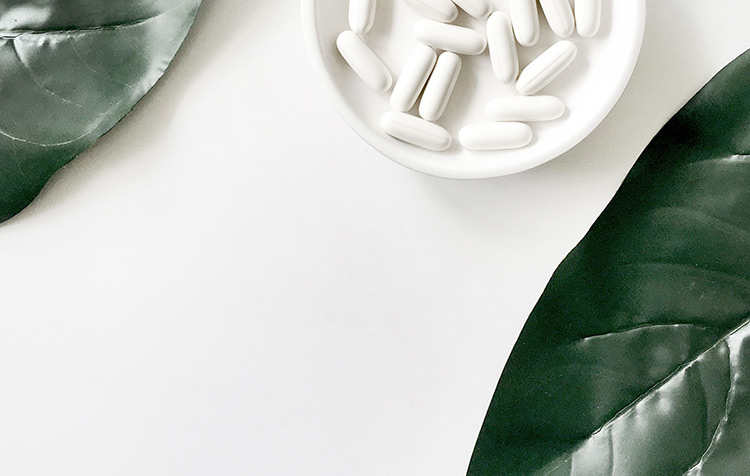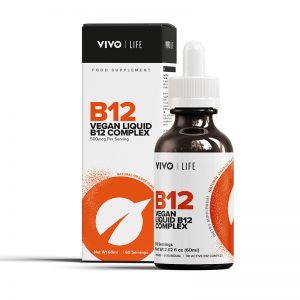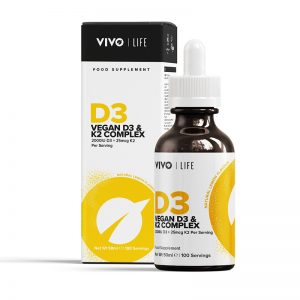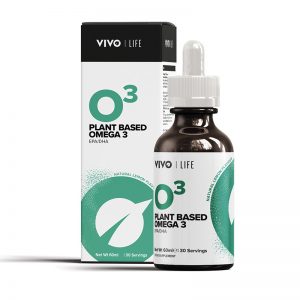What supplements do you need as a vegan? And which nutrients should one supplement with a plant-based diet? These are questions that are now being asked more and more frequently. This much in advance: what the ideal supplement for vegans looks like depends entirely on what foods you eat on a regular basis. So there is no ONE perfect Nutritional supplementation for vegan dietthat works for everyone. Instead, taking vegan supplements should always be considered individually.
This article will help you to adapt your necessary nutritional supplementation to your personal needs and circumstances. First of all, there is also the question of whether a dietary supplement is needed at all. To this, a clear YES. There is at least one nutrient that should be covered with a dietary supplement when following a vegan diet. Here you will now learn which nutrient it is about and what you should basically consider when supplementing your diet as a vegan.
Here is another short Table of contents for you:
- Critical nutrients
- Necessary dietary supplement
- Criticism of multi-nutrient preparations
- Closing words
Which nutrients should you pay closer attention to in a vegan diet?
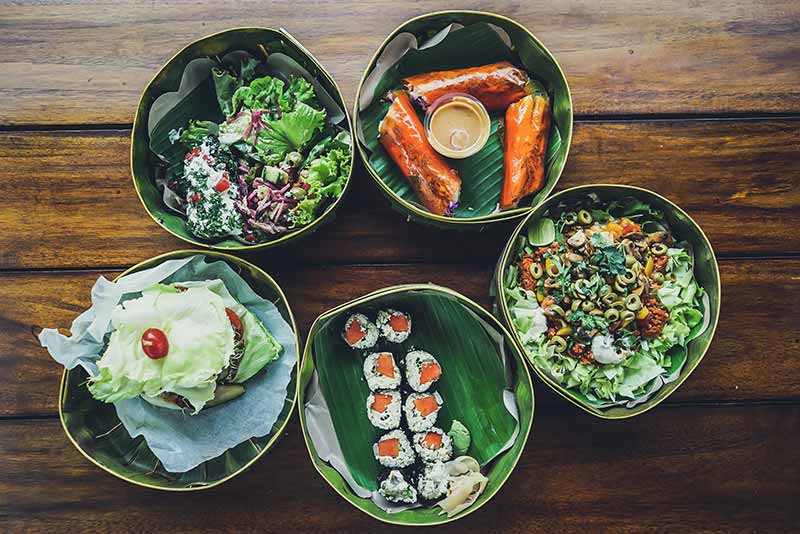
The German Nutrition Society (DGE) identifies the following nutrients as potentially critical in vegan diets: Iron, Zinc, Calcium, Iodine, Selenium, Omega-3 fatty acids, Vitamin D, Vitamin B2 and Vitamin B12.
Potentially critical means that they can be critical, but do not have to be. In a balanced and well-composed vegan diet, the requirements can also be met through food intake. We will now go through which food supplementation is really advisable in a vegan diet.
-
Vitamin B1215 €
-
Vitamin D315 €
-
Omega 324 €
Selenium, iron, zinc and calcium
The need for selenium, iron, zinc and calcium can be well covered by food intake, When one's diet is balanced. If this is not the case, these nutrients can be potentially critical in any diet.
Iodine
Iodine is a nutrient that can be critical even in mixed-food diets. Many people meet their iodine needs with fish. However, fish get their iodine from algae. Therefore Algae a good option to meet your daily iodine requirements. For example, if you incorporate dulse algae and iodized salt into your regular diet, it should not be necessary to take an iodine supplement. Depending on how consciously you incorporate seaweed and iodized salt into your diet, it may make sense to use a vegan supplement for your iodine needs.
Omega-3 fatty acids
Basically, there are several omega-3 fatty acids and the omega-3 balance is also still influenced by the Omega-6-intake is influenced. The long-chain omega-3 fatty acids EPA and DHA are rather difficult to cover via vegan foods. ALA can be supplemented with Hemp seed, Walnuts, Flax- and Chia seeds, as well as Linseed oil be covered. How can vegans consume the omega-3 fatty acids EPA and DHA?
Just as with iodine, many people cover their omega-3 requirements with fish, especially EPA and DHA. However, it is also true here that fish do not produce the omega 3, but absorb the valuable fatty acids via algae. So we can simply leave out the fish as the "middle man" here and consume algae directly. For this there are Microalgae Oil.
You can either use this directly and isolated as a classic Omega 3 dietary supplements or you can add a little of the microalgae oil to salad dressings and absorb it that way.
Here you can order the algae oil in a jar online.*
What supplements are necessary in a vegan diet?
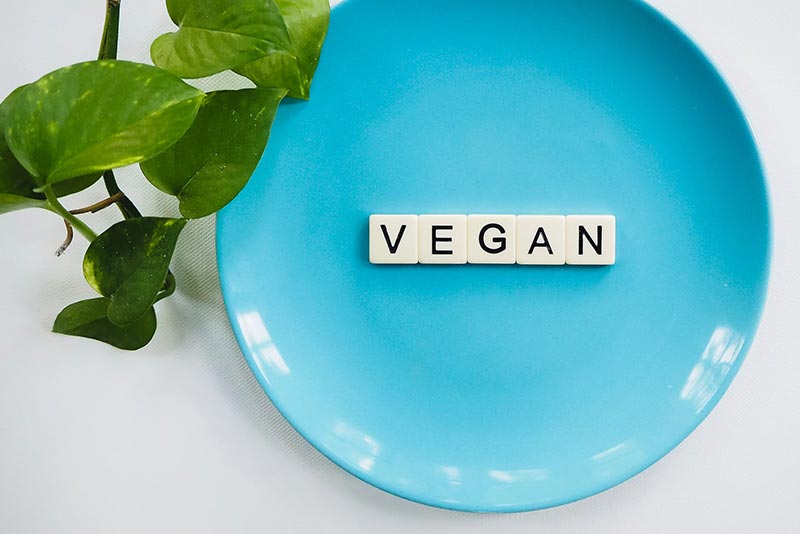
After the critical nutrients, I would now like to introduce you to the few nutrients that you should necessarily supplement on a vegan diet.
Vitamin D
Vitamin D is also called Sun Vitamin is the name given to it. Actually, it is a hormone whose production is stimulated by sunlight. Strictly speaking, vitamin D has very little to do with nutrition.
Especially in winter, it is necessary to supplement vitamin D in our latitudes. It doesn't matter whether you eat vegan, vegetarian or a mixed diet. If you regularly escape to sunny countries in the winter, you may find that the Vitamin D supplementation you do not need. It is best to check your 25-OH-D3 level in a blood count to determine the need for supplementation. However, most vegans should supplement vitamin D.
Here you can order the vitamin D supplement online.*
Vitamin B12
Here is the nutrient that makes supplementation absolutely necessary in a vegan diet. It is currently incredibly difficult to cover its B12 needs purely through plant foods. Since there are different types and preparations of vitamin B12, the question naturally arises as to which vegan dietary supplement is best suited to cover the B12 requirement. As you may already guess, this is of course also to be considered individually. Therefore echt would like to tell you in the following paragraph a little more about the Vitamin B12 dietary supplement with vegans tell.
Digression: Vitamin B12 is formed neither by animals nor by plants, but by microorganisms. B12 is only contained in animal products because synthetic B12 is mixed into the animals' feed as a dietary supplement. In this case, of course, the animal as the "middle man" can be left out. Interestingly, we even produce B12 ourselves in our bodies. However, unfortunately at a place in the large intestine, which is so far back that we can no longer absorb the B12 ourselves. That is why a Vitamin B12 supplementation necessary in vegan diet.
What are the vegan supplements for B12 now?
Basically, there are the forms cyano-, adenosyl-, methyl- and hydroxocobalamin. These are administered in various preparations, e.g. tablets, toothpaste, injections or lozenges. B12 preparations tend to be quite high in dosage, because passive absorption is also utilized. An overdose is not to be feared here, since excess B12 is excreted through the urine. With the regular intake of medication, the absorption may also be disturbed, which is why a high dosage becomes necessary.
By the way, it doesn't matter if you forget to take your B12 supplement on one or two days, because the liver stores the vitamin B12 in the body for a long time. It is only important that the store was filled beforehand. The best way to check your B-12 status is with blood work. For this purpose, the holo-TC value is useful, as it is somewhat more informative than the B12 serum value.
To be on the safe side, you can also use a vegan supplement for B12 intake that contains multiple forms (e.g., adenosyl & methylcobalamin). Whether you use droplets or tablets is more a matter of convenience. If you don't like to swallow tablets, droplets are of course a good choice.
Here are my two recommendations for vitamin B12 supplementation on a vegan diet:
Vitamin B12 lozenges in a jar you get here plastic-free.*
You can get vitamin B12 in tablet form here.*
And as a droplet, there is vitamin B12 here.*
Why multi-nutrient supplements should be viewed critically as dietary supplements in vegan diets
Multi-nutrient supplements are vegan supplements that combine several nutrients. However, since personal needs are individual, this conversely means that these types of supplements are not tailored to personal needs. This means that you may get too much of some nutrients and too little of others. In the case of foods that the human body can store, this can even lead to a toxic over-supply in the very worst case.
I would therefore rather recommend to combine few individual supplements instead of taking a multi-nutrient preparation. It is best to do a blood count at the beginning to check the corresponding values. Then you can supplement the nutrients that you really need.
Optimal nutritional supplementation for vegan diet
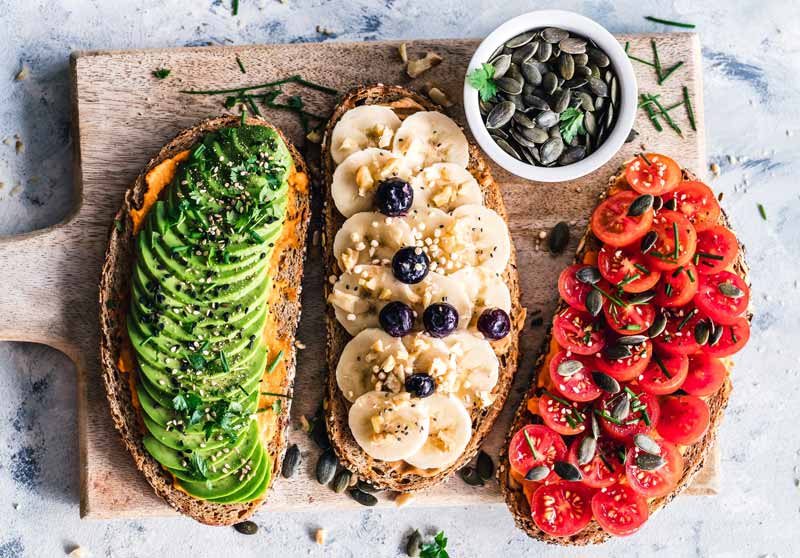
As mentioned above, there is no such thing as the one perfect supplement for a vegan diet. I recommend that you get blood work done on a regular basis and adjust the supplementation based on your values. This way you can see which vegan supplements are really necessary and don't spend your money on supplements you don't need. On the other hand, you can see which nutrients you still need to improve.
I hope that the article on vegan nutrition supplements helped you and you feel a little more confident! If you have any questions about vegan nutrition or vegan supplements, feel free to drop me a comment!
All the best,

PS.: Feel free to look further in the Vegan Blog to learn more. For more nutrition knowledge you can check out posts on Niacin, Thiamine or Choline look at. Learn, for example, where the Difference between plant-based diet and veganism lies.

